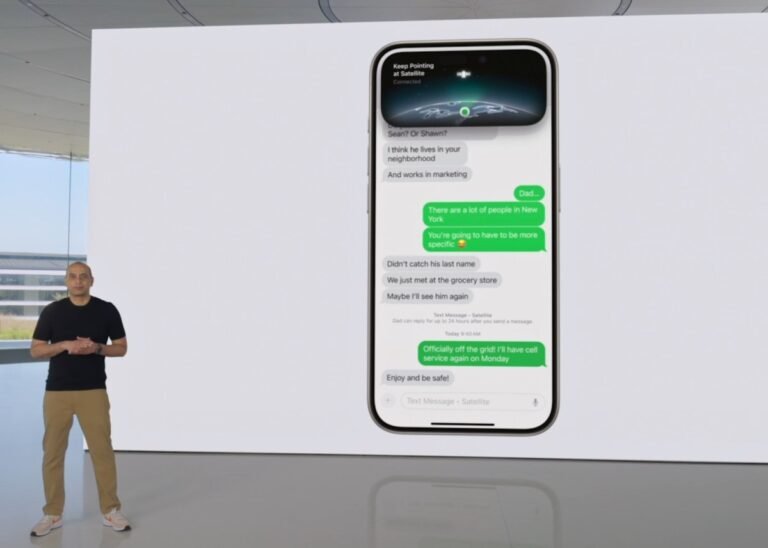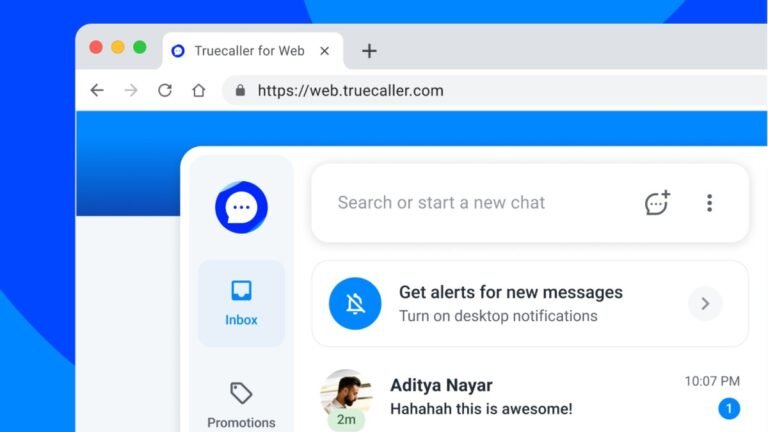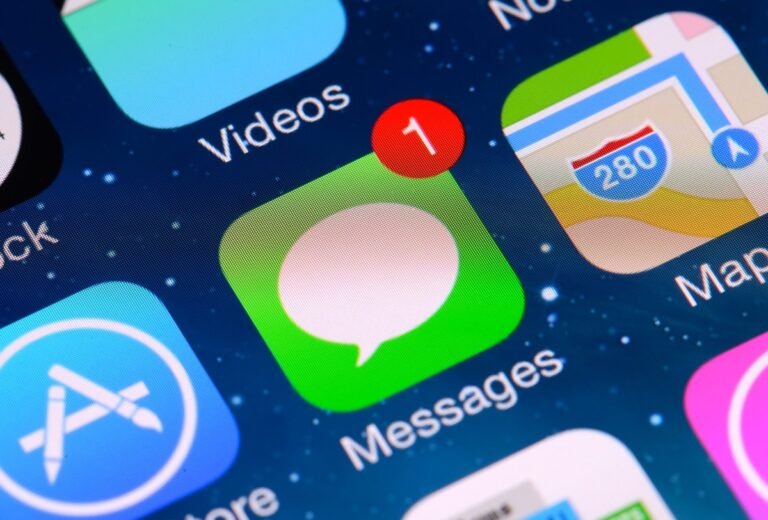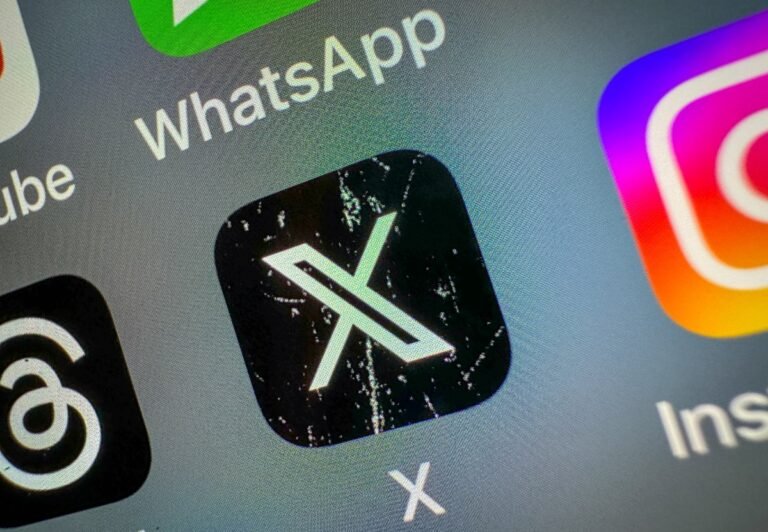
Apple’s emergency SOS feature has proven useful for a fair number of people whose cars break down (or tumble down) in areas with no signal.
Soon you’ll be able to use iMessage and SMS as well — though it’s not clear what the limitations on the service may be.
Announced at Apple’s WWDC 2024 keynote on Monday, “Messages via Satellite” works much like the SOS feature did.
When you have no signal — otherwise the phone will use that — you’ll be given the option to find a satellite to relay the data.
Apple did not say when the new feature will be available or whether it’s restricted to certain phones or plans.

Initially, the web version, called Truecaller for Web, will only be made available to Android users in India, the company said, but it plans to roll out the support in other territories in the future.
All Truecaller for Android users in India can now link their devices to the web client on a PC or a Mac through a QR code.
This is akin to linking the web version of a messenger like WhatsApp or Telegram.
Now users will be able to look up numbers without any such limitations on the web client, the company said.
Last month, it launched a “Max” feature update for Android users to block all calls from unapproved contacts or spam detected by AI.

The feature, spotted first by the TGInfoEn Telegram channel (via reverse engineer AssembleDebug), is rolling out in select countries for Telegram for Android users.
If you agree to let Telegram use your number as an OTP relay, the company will send you a transferable code for Telegram Premium.
The terms of service for this peer-to-peer login program notes that the company will send a maximum of 150 OTP messages per month.
From a monetary perspective, you might end up paying more through your phone bill than the value of Telegram’s premium membership.
However, users opting into the peer-to-peer login system have to think if giving out their phone number to strangers to save a few bucks is worth the hassle.

But one category in particular caught our attention as the DOJ spends quite a bit of time talking about “green bubbles” and “blue bubbles.”When an iPhone user sends a message to another iPhone user, by default that message is sent using Apple’s iMessage protocol.
If an iPhone user texts an Android user — and vice versa — iOS falls back to the older, less secure but universal SMS protocol.
“Apple makes third-party messaging apps on the iPhone worse generally and relative to Apple Messages, Apple’s own messaging app,” the DOJ wrote in its lawsuit.
At this point, you might think: wasn’t the RCS protocol supposed to level up SMS messaging and alleviate these pain points?
It feels a bit odd that the DOJ is front-loading its antitrust lawsuit against Apple with the much talked about “green bubbles” vs. “blue bubbles” debate as there are far more serious and substantive issues.

The Asian technology and internet company YX International manufactures cellular networking equipment and provides SMS text message routing services.
YX International claims to send five million SMS text messages daily.
But codes sent over SMS text messages are not as secure as stronger forms of 2FA, such as an app-based code generator, since SMS text messages are prone to interception or exposure — or in this case, leaking from a database onto the open web.
TechCrunch found in the exposed database sets of internal email addresses and corresponding passwords associated with YX International, and alerted the company to the spilling database.
YX International would not say for how long the database was exposed.

X, formerly Twitter, today announced support for passkeys, a new and more secure login method than traditional passwords, which will become an option for U.S. users on iOS devices.
Today we’re excited to launch Passkeys as a login option for our US-based users on iOS!
For instance, this January, the U.S. Securities and Exchange’s X account was hacked to share an unauthorized post regarding Bitcoin ETF approval.
In the days since Musk’s takeover of Twitter/X, the company removed another security measure that helped keep accounts secure when it announced last year that it would no longer support SMS 2FA for non-paying accounts.
However, the reality was that removing the security protection made Twitter less secure, as a result.









